Opinion: Europe needs to start helping Muslim refugees – not just Ukrainian ones
Freshman Aleena Gilani shares her thoughts on how European nations are treating Ukrainian refugees far better than they are treating Muslim refugees.
May 22, 2022
At the Polish border, officers greet the thousands of Ukrainian refugees arriving daily with hot soup, sandwiches and toiletries. Polish citizens also welcome the displaced Ukrainians, organizing toy drives and arranging free rides—some even offer shelter in their own homes.
Facing death and destruction by Russian forces in their homeland, more than six million Ukrainians have boarded buses, cars and trains or have embarked on foot to seek asylum in other European countries. In a show of astounding unity, most European Union member states have welcomed these refugees with open arms; Poland alone has accepted over three million displaced Ukrainians.
Behind this generous reception, though, is blatant hypocrisy. For more than a decade now, Europe has been grappling with a different refugee crisis: the displacement of Syrians during their country’s ongoing civil war. While, like the Ukrainians, Syrian asylum-seekers are fleeing rocket-riddled skies and cities flattened by tanks, their treatment at the Polish border is profoundly different.
In January, a month before Russia’s invasion of Ukraine, Poland began to construct a metal wall along the Belarusian-Polish border to bar migrants from entering the country. Plans for enhanced border security began after the Belarusian government coerced thousands of Middle Eastern and African refugees into seeking asylum in Poland.
Though the gambit was orchestrated by Belarusian President Aleksandr Lukashenko in retaliation to EU sanctions, Poland denied entry to the victimized migrants, sending in thousands of armed officers to force them out in a series of illegal pushbacks. To amass public support for its actions, the Polish government began a campaign in the fall of 2021 to paint refugees as terrorists, pedophiles and rapists.
Many Polish citizens have also shown hostility to non-white or Muslim refugees, with the majority of Poles agreeing with the country’s pushback of asylum-seekers. At the height of the Syrian refugee crisis in 2015, Islamaphobic slogans such as “Today refugees, tomorrow terrorists!” and “Stop the Islamization of Europe” were prominent features of Polish society—a stark contrast to the outpouring of welcome and generosity shown to Ukrainians today.
This double standard for refugees is not unique to Poland.
As part of their response to an influx of Middle Eastern refugees, the Danish government instituted a “jewelry law,” which allows authorities to seize refugees’ property (such as jewelry) as payment for their stay in the country. Ukrainians are exempt from such a policy Ukrainians. During the 2010s, Hungary built a barrier along the border with the capacity to electrocute “Muslim invaders.” Now, Hungary too is welcoming Ukrainians with open arms and 24-hour tea services.
At the root of this double standard is racism and islamophobia. The prevalent stereotype of Muslim terrorists paints refugees from majority-Muslim countries like Syria as threats to national security, and ostracizes them from society. The Polish, Danish and Hungarian governments have fed into this false perception, characterizing these refugees as “backward” and “violent” through campaigns and public addresses.
Yet these refugees are not scheming to attack European countries from within, or assault their non-Muslim neighbors. Instead, like the Ukrainian refugees Poland, Denmark and Hungary have readily accepted, they are simply searching for sanctuary while their homelands are being torn apart.
Beyond being a tragedy, the Ukrainian refugee crisis must also be a wake-up call for European governments like Poland, Denmark and Hungarian to re-examine their policies. Their antiquated discrimination should no longer be tolerated: a refugee’s religion and nationality should not determine whether they are welcomed into a country, or abandoned at its border.



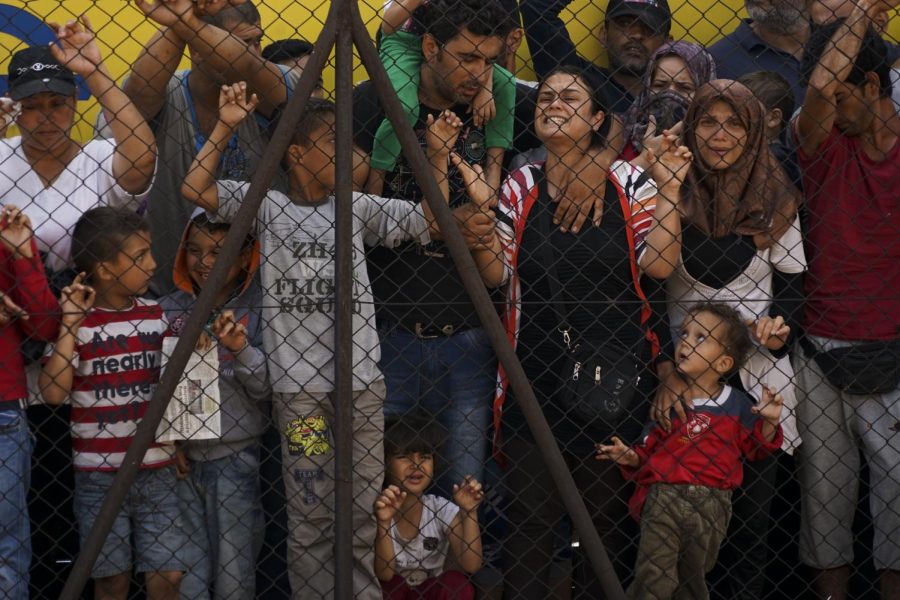

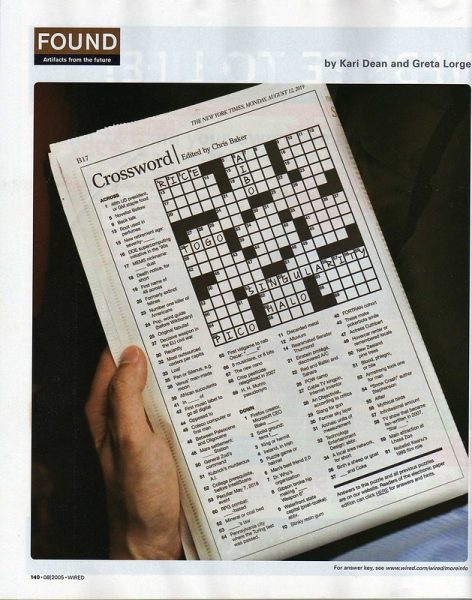






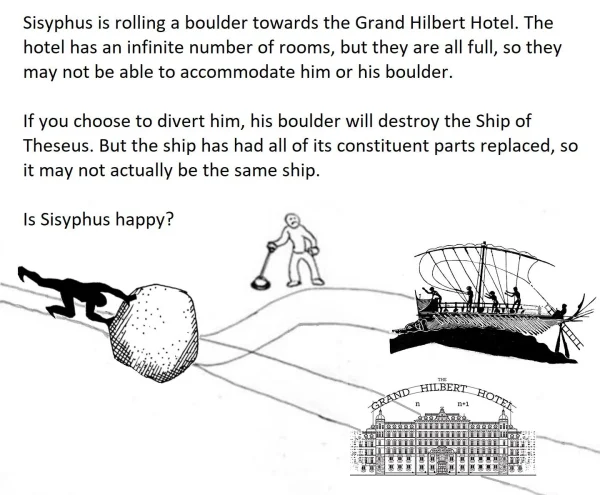
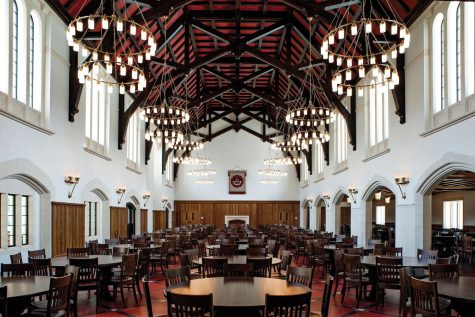


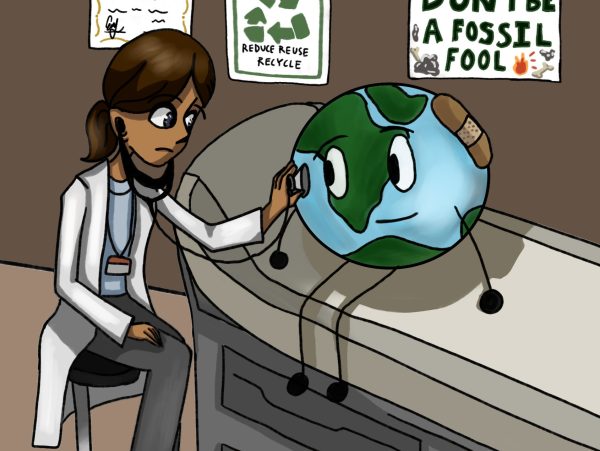








Indrani • Jun 3, 2022 at 10:49 AM
amazing article. great job Aleena